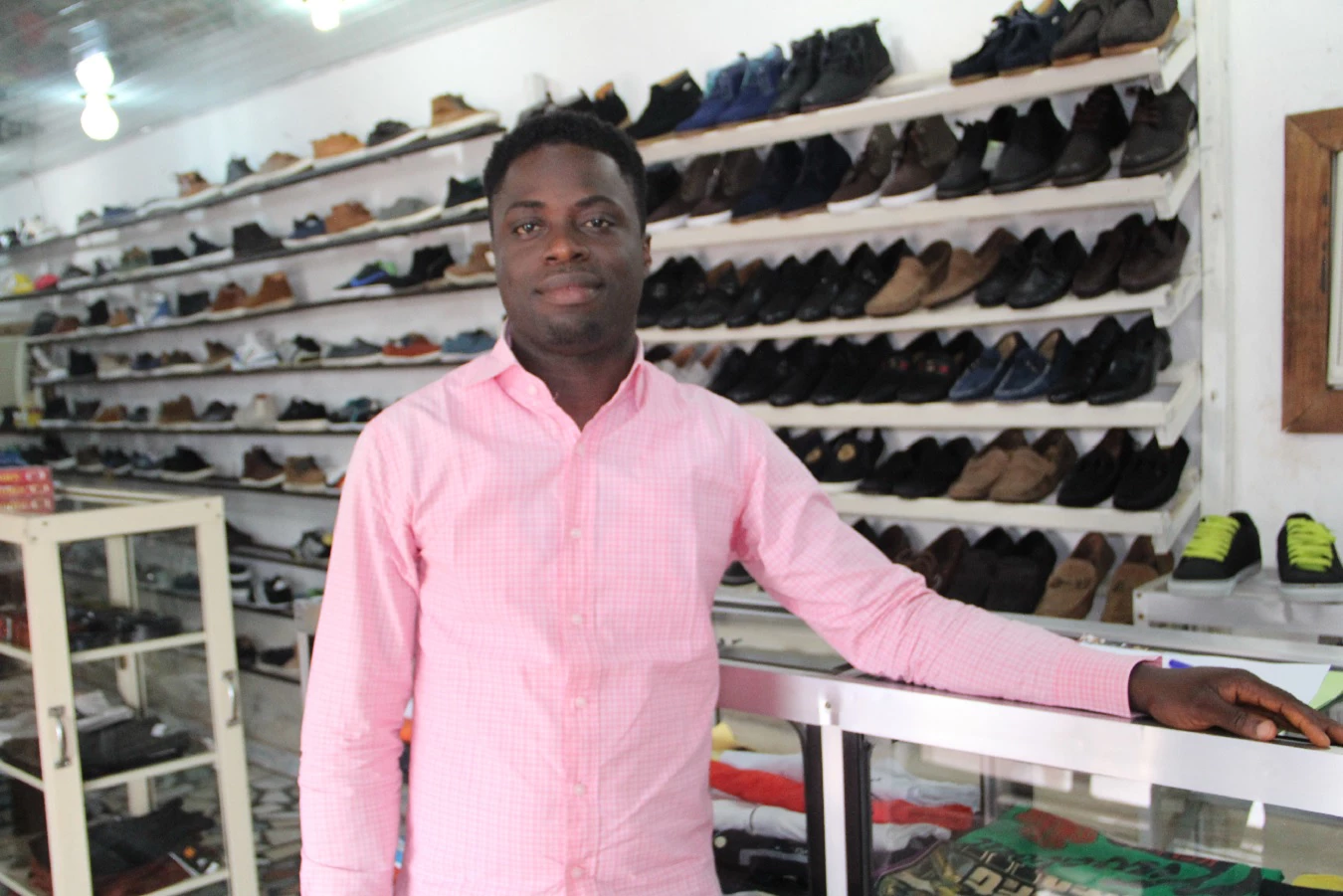By Anurika Azubuike
Nigeria is Africa’s largest economy, a major oil exporter, and a dynamic hub for innovative business growth. However, the country faces a serious challenge with COVID-19, which is putting at risk lives, jobs, and economic progress across Africa and around the world. A lockdown of major cities, now being lifted, appears to have slowed the number of coronavirus infections in the country, while the government has announced a series of initiatives to support businesses, incomes, and employment.
In this interview, Eme Essien Lore, IFC Country Manager in Nigeria, discusses the impact of the health crisis on Nigeria’s economy, IFC’s support (including its $8 billion global COVID-19 support package) and how Nigeria can navigate these difficult times.
Q: How has the COVID-19 pandemic affected economic activities in Sub-Saharan Africa?
A: With borders shut, schools and offices closed, and extra sanitary precautions taken in homes and public places, this health emergency is pushing many businesses, particularly smaller businesses, to their limits, causing job losses and closures. The supply and demand side are both
being hit, with consumers confined to their homes and in any case reigning in discretionary spending, except for more essential items.
Q: What is the likely fall-out of these disruptions to the region, and particularly to Nigeria?
Q: How will falling oil prices affect Nigeria’s oil-dependent economy?
A: The petroleum sector is a central pillar of Nigeria’s economy, contributing about half of the government's revenue and 90 percent of Nigeria's export earnings. In 2016, Nigeria experienced a double shock based on a fall in global oil prices and supply problems due to disruptions in the Niger Delta, home to much of the country’s oil and gas reserves. Then, millions more people fell into extreme poverty. Today, under the shadow of COVID-19, Nigeria (and numerous other countries around the world) is projected to fall into recession. The World Bank estimates that the number of poor people in Nigeria is likely to increase by several million by 2022. This will make the goal of lifting 100 million Nigerians out of poverty in 10 years more of a challenge.
Q: How has IFC’s support been crucial to Nigeria’s private sector development?
A: Nigeria has the vibrancy to attract investment to key sectors, boost entrepreneurship and nurture its expanding hi-tech and digital economy. However, it also faces the stubborn challenges of income inequality, insufficient infrastructure, insecurity, unemployment and an over-dependence on imports and raw material exports, especially oil. IFC has been engaged in Nigeria for over 30 years, helping the country lay the foundations for inclusive, sustainable, private sector-led growth. We have done this through direct investment, upstream advisory work, including the IDA Private Sector Window, and an expanded Environmental, Social and Governance (ESG) advisory program to increase support for market development and capacity building. IFC’s portfolio in Nigeria stands at $1.3 billion, within IFC’s global top 10 country exposures, in sectors including manufacturing, financial services, infrastructure and technology. IFC is also exploring opportunities in the gas, healthcare, and power sectors.
Q: The World Bank Group this year added Nigeria to its list of fragile states. How does this affect IFC’s engagement in the country?
A: The private sector plays a crucial role in transforming economies. This is particularly true for the economies of fragile and conflict affected areas. The World Bank Group’s recently released annual list of fragile and conflict-affected situations is accompanied by a strategy to guide the Bank Group’s work in these complex and challenging environments. This strategy restates the Bank Group’s commitment as a significant investor in key countries like Nigeria, ultimately allowing the Bank Group to provide more effective and tailored support to both government and private sector clients. From IFC’s perspective, being a regular and significant investor in Nigeria, this strategy will enable more targeted support for the country, particularly in sectors that are critical to development but struggle to attract investment. IFC will continue to seek out opportunities and scale up our support to private sector development in Nigeria through investments and advisory support, including market development and capacity building.
Q: What are the likely effects of COVID-19 on MSMEs in Nigeria?
A: The coronavirus pandemic has had a tremendous impact on smaller businesses in Nigeria, which hosts Africa’s largest informal sector. These SMEs often have less capital for their day-to-day operations and are more vulnerable to shocks. The impact of the pandemic is particularly worrying for micro businesses. While Nigeria has an incredibly resilient private sector, this pandemic will be a debilitating blow. Still there is reason to be optimistic. I believe that the in-built resilience, natural dynamism and strong work ethic of Nigerian businesses will help speed recovery after COVID-19 is contained.
Q: How will IFC support Nigeria through COVID-19?
A: IFC is providing fast-track financial support to private companies to sustain economies and protect jobs during this period of uncertainty. The bulk of the financing will go to client banking institutions, enabling them to continue to offer trade financing, working-capital support and medium-term financing to private companies struggling with disruptions in supply chains. As the largest economy in Sub-Saharan Africa and one of the largest country exposures for IFC, Nigeria is expected to be a significant beneficiary of IFC’s $8 billion global COVID-19 fast-track facility.
Published in May 2020
